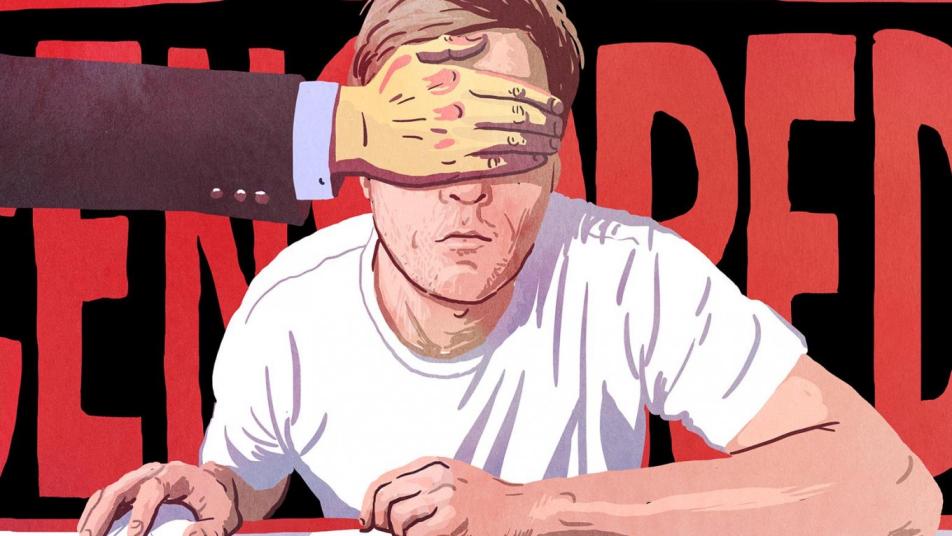Many people in Poland are worried that the government’s actions are undermining democracy, freedom of speech, and the rule of law. The PiS government’s actions have been widely criticized by both domestic and international observers. The European Union has expressed concern over the situation and has launched an investigation into Poland’s adherence to the rule of law.

Censorship has become a growing concern in Poland since the socialist Law and Justice (PiS) party came to power in 2015. The latest example of this was the disappearance of the Najwyzszy Czas website, which was blocked for unknown reasons, most likely by the ABW agency – a domestic intelligence agency responsible for counter-espionage and counter-terrorism.
This incident is not the first time the Polish government has been accused of censoring websites that do not align with its views. Previously, the wrealu24.pl website was also blocked for unknown reasons. Moreover, during the COVID-19 pandemic, there were multiple cases of censorship of views that did not match those of the government.
State takeover of the local media
The acquisition of Polska Press by Orlen has raised concerns about the government’s control over the media and freedom of the press. Many critics worry that the acquisition will lead to censorship and propaganda, with the government using the newspapers to push its political agenda.
Polska Press is a media group that owns over 20 regional newspapers, including some of the largest and most influential ones in the country, such as “Gazeta Krakowska” and “Gazeta Wrocławska.” These newspapers have a combined daily circulation of over 1.5 million copies and reach millions of readers every day.
The government has defended the acquisition, saying that it is necessary to protect the jobs of the journalists and other employees at Polska Press. They also argue that the acquisition will help to maintain the newspapers’ financial stability and ensure their long-term survival.
The takeover has also raised concerns about the concentration of media ownership in Poland. The government already has significant influence over the public broadcaster TVP and other media outlets, and the acquisition of Polska Press will only increase its control over the media landscape.

What will the future bring?
If Mateusz Morawiecki’s government continues to censor opposition voices and block websites, it could lead to a further erosion of democratic institutions and values in the country. It could also damage Poland’s reputation internationally and make it harder for the country to attract foreign investment and maintain its position as a key player in the European Union.
The censorship of opposition and critical voices could also have an impact on the upcoming elections in Poland. If the government continues to restrict the media and suppress dissenting views, it could limit the ability of opposition parties to campaign effectively and mobilize their supporters. This could lead to a less fair and transparent election, and it could damage the legitimacy of the government and the democratic process in Poland.
Moreover, the restrictions on media freedom and the increasing government control over the media could lead to a lack of diversity of opinion and limit the ability of citizens to make informed decisions. This could result in a lack of trust in the government and a further polarization of the country.
It’s important for the Polish government to respect freedom of speech, the rule of law, and democratic values, and to ensure that there is a free and open public discourse. If they continue to censor opposition and critical voices, they risk further undermining democratic institutions and values, damaging Poland’s reputation, and limiting the ability of its citizens to make informed decisions.


